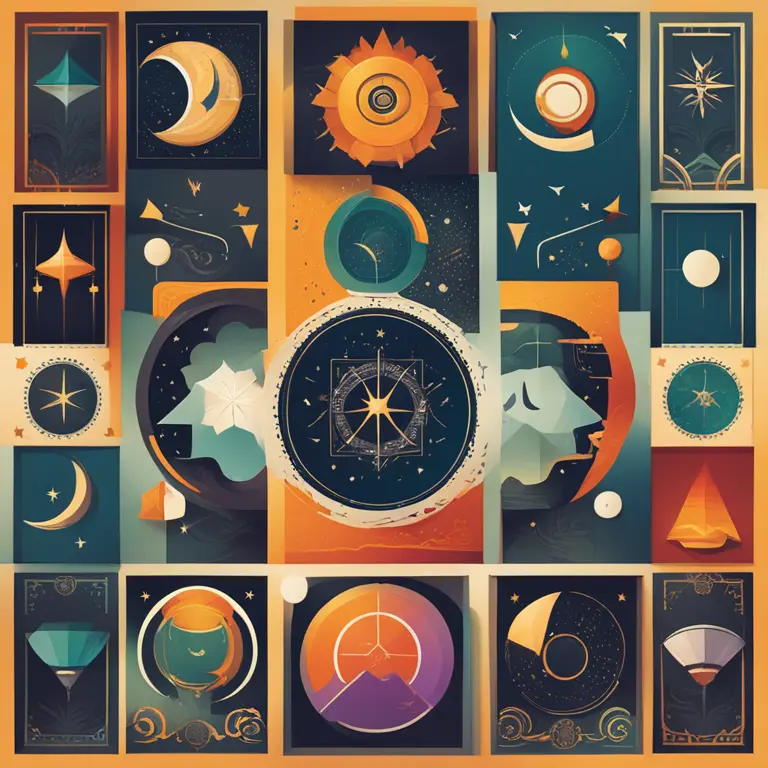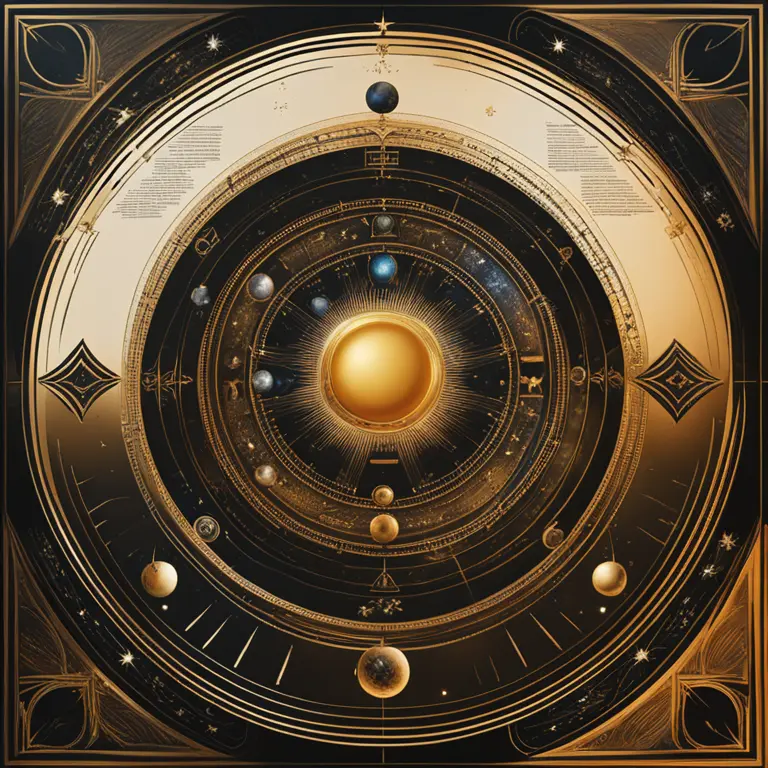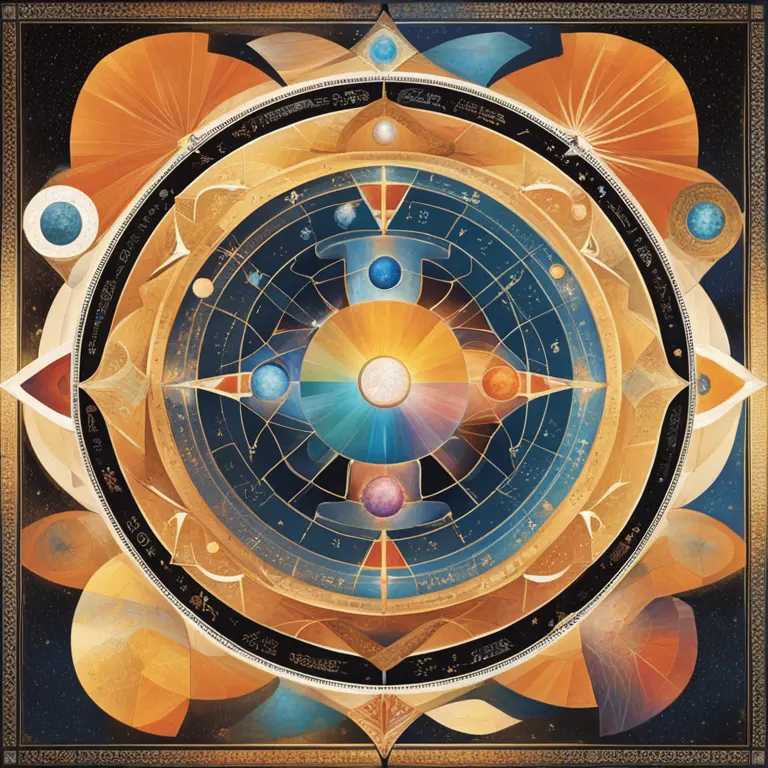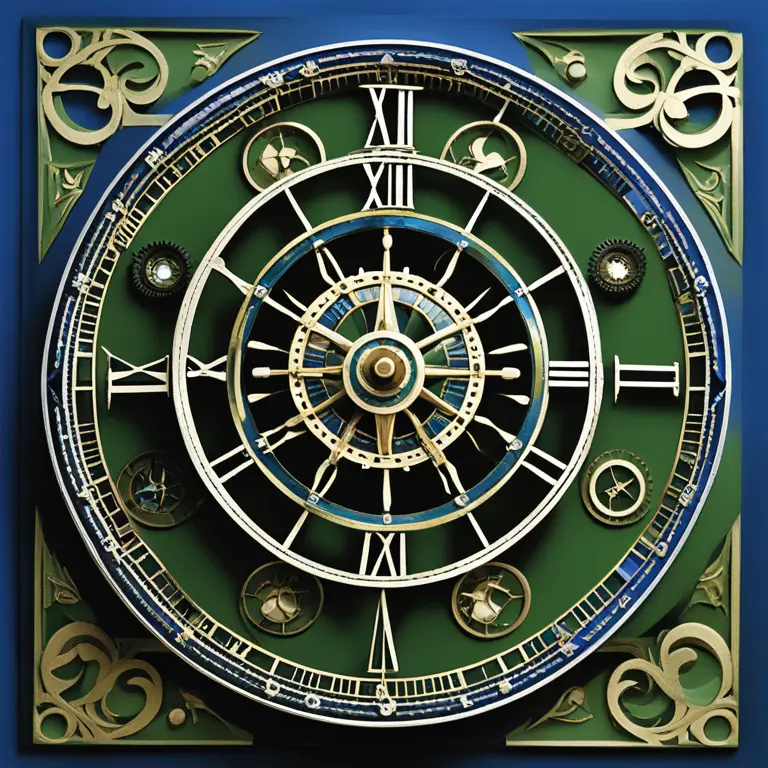
The Zodiac Significance: Are Star Signs Backed by Reality?
Discover the intriguing connections between astrology and real-life personality traits as this article explores the legitimacy behind zodiac signs.
article by Priya Deshmukh
The Timeless Zodiac Connection
From ancient celestial charts to modern-day social media memes, zodiac signs have been a cultural cornerstone throughout history. Zodiac signs, derived from the twelve constellations along the ecliptic, are more than just mythological figures. They reflect the belief that celestial bodies influence our lives. This ancient concept has not only withstood the test of time but also resonates with countless individuals today who seek guidance from the stars.

The Astrological Foundation
Astrology, the study of the movements and relative positions of celestial bodies, serves as the foundation for believing in zodiac signs. Observations of planetary movements and alignments date back millennia, suggesting an ancient wisdom that predates modern scientific methods. The consistency of these celestial patterns provides a certain reliability that people continue to find compelling and meaningful when incorporated into their lives.

A Psychological Perspective
Psychologically, horoscopes and zodiac signs may offer a way for individuals to reflect on their personalities and life situations. Carl Jung, one of the founders of modern psychology, acknowledged the synchronicity and archetypical elements in astrology. He recognized that astrology could embrace both the psychological and the prophetic, enabling people to find personal significance within the positions of the stars and planets.

Real-Life Personality Correlations
Empirical evidence for astrology is not straightforward, yet some researchers have sought to link astrological signs with personality traits. While the fields of astrology and psychological science diverge in methodology, the curiosity about astrological influence remains. Anecdotal evidence and individual testimonies often reinforce the idea that certain traits tend to be more prominent in people born under specific zodiac signs.

Societal and Cultural Relevance
Astrology's integration into different cultures also makes a case for its significance. Many societies recognize the influence of the stars in their traditional practices and beliefs. For instance, Chinese astrology, with its animal zodiac, plays a significant role in cultural events and personal decision-making. The longevity of these traditions supports the idea that zodiac signs connect with something real and significant within society.
The Future of Astrology
In 2024 and beyond, astrology remains an ever-evolving field that engages with modern issues and personal insights. Contemporary astrologers take into account societal shifts and celestial events, presenting horoscopes that resonate with today's challenges and aspirations. As we witness the age-old practice adapting to the new era, the ongoing interest in astrology suggests a lasting impact on self-awareness and personal growth.
Relevance in Today's World
While skepticism persists, the relevance of zodiac signs in today's world cannot be denied. Fascination with one's astrological sign is not just a trendy phenomenon but also a reflection of the human quest for self-knowledge. People's desire to make sense of the world and their place within it often leads them to the celestial guideposts that zodiac signs provide.
Published: 2/2/2024
Modified: 2/2/2024
More predictions
Come back here soon to learn more about yourself and your future


The Varied Sizes of Astrological Houses
Delving into the reasons behind the differing sizes of astrology houses and their impact on astrological interpretations.


Choosing the Best Astrology House System
Discover the strengths of different Astrology House Systems to determine which aligns best with your astrological practice.


The Meanings of Astrological Houses: A Comprehensive Guide
Delve into the meanings of the twelve astrological houses and learn how they influence different aspects of our lives, from identity to career and beyond.